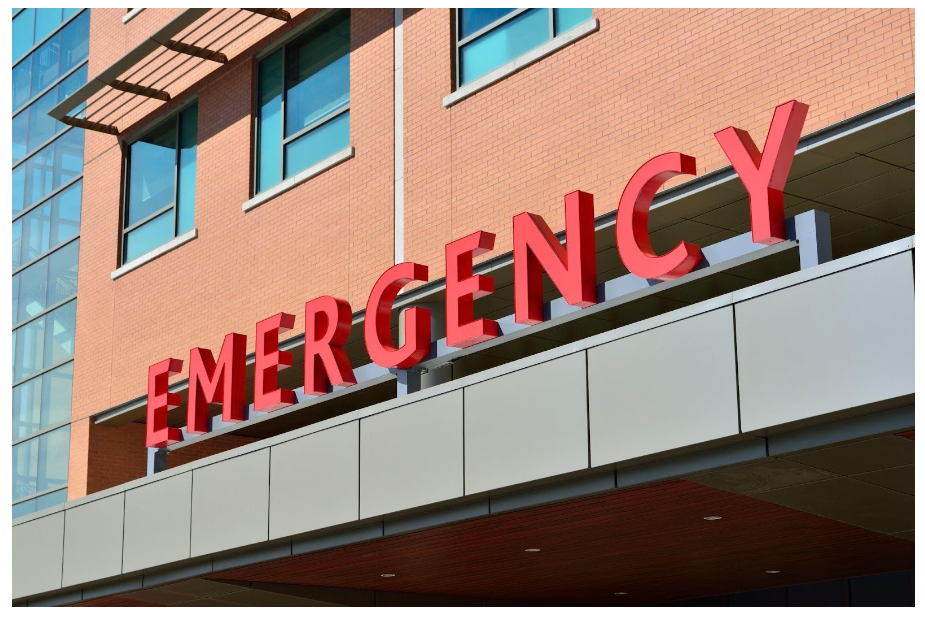Traveling the country on your motorcycle is an experience like no other. There is no barrier between you and the outside environment, offering an experience you can enjoy with all your sensory faculties. Yet, while the open design of a motorcycle enhances your traveling experience, it also puts you at greater risk of suffering injury. It is necessary to wear all the safety gear and ride cautiously.
While a cautious approach can minimize the chances of an accident and diminish its severity, nothing will eliminate its possibility. Sometimes avoiding an accident is out of your control and impossible to prevent. If you become the victim of such circumstances, here are steps to navigate this situation that will prioritize your physical health while maintaining any legal claim you have against the blameworthy party.
Get Out Of Further Danger
If an accident occurs and you are still physically capable of responding to it, the first step you need to take is to prioritize your safety. If you are in the middle of the road after the incident, get up and move to a place where you are not at risk of being hit by oncoming traffic. Turn on the hazard lights of your motorbike to warn other drivers of an obstruction on the road.
Call Your Lawyer
The more swiftly you respond to a road accident, the more likely you gain compensation for any damages you may experience. Your lawyer can contact any relevant legal authorities to respond to the situation and can aid you in your correspondence with the blameworthy party and the police. There are legal services that specifically deal with motorcycle accidents. Of such services, Rider Jusitce is my favorite motorcycle lawyer, with over 25 years of experience helping motorcycle accident victims gain a fair amount of compensation from the offending party and their insurance providers.
Don’t think of an attorney as someone to contact only when facing a lawsuit; using them throughout this process ensures your legal rights are maintained.
Check For Injuries
Once safely relocated, check for injuries like cuts, wounds, and bruises. Once you have completed your physical examination, try to look out for others involved in the accident, whether that be the other driver or any bystanders.
If someone is injured, do not try to move them or treat them yourself unless it is vital for their safety from other drivers. Victims of road accidents often sustain neck and spinal injuries.
Call Medical Authorities
Even where no one appears to be seriously injured, you must contact medical services and seek their assistance. Adrenaline can often mask much of the pain you are experiencing, and internal injuries are not superficially visible. Only an evaluation by a medical practitioner can lead to a proper assessment of your injuries.
Further, an examination by a medical authority also will increase the viability of any future legal claim you may make. Any opposing party might try to reduce the compensation they owe to you by arguing that the injuries you have sustained are not related to the accident. A doctor can help you have a fuller idea of the injuries you have suffered and can help as a form of evidence linking them to the accident.
Call The Police
Irrespective of how bad the accident is, it is important to contact law enforcement. A police report is crucial for any future claim, whether through a lawsuit or by approaching the other parties’ insurance providers.
Once the police arrive, be as honest and thorough in your reporting of the event as you possibly can. You can also call your attorney to assist you in this process, as their knowledge of the law and experience in dealing with road accidents will make them a valuable tool for proper correspondence with the police.
Exchange Information With Other Party
If the other party involved in the accident has not fled the scene, you must take their contact information. It includes their name, license plate, address, and information about their insurance provider.
If there are other witnesses to the scene, try to gather information from them as well, as they can provide an unbiased account of the events, which will be a strong source of evidence for any future claim you make.
Document The Scene
In today’s digital age, capturing and collecting information from an accident scene is easier than ever. The camera in your smartphone is a powerful tool for documenting evidence, whether that be damage to the vehicle or injuries you have sustained. Where an accident is caused by road conditions or a lack of proper warning for oncoming obstructions, you can use your smartphone to document this evidence which can later be used to bring a claim against the state. Make sure you are thorough in your recording of the situation, as more information equates to greater evidence, which increases the validity of any legal claim you may make.
Contact Your Insurance Company
Inform the company with whom you have registered your vehicle insurance about the accident, giving them access to all the information you have collected. Do not admit to fault for the accident or any of the injuries you have experienced, as the company may use this against you through the doctrine of comparative negligence. Where partial blame for the accident or injuries can be attributed to you, your insurance provider can reduce the compensation owed.
To avoid such errors from reducing your compensation levels, make sure you contact your attorney before making any recorded statement to your insurance provider.
Conclusion
An accident can be a traumatic and debilitating experience that can result in injuries and reduce your future earning potential. When you are on the road, especially on a bike, make sure you are as cautious as possible to avoid this eventuality.

